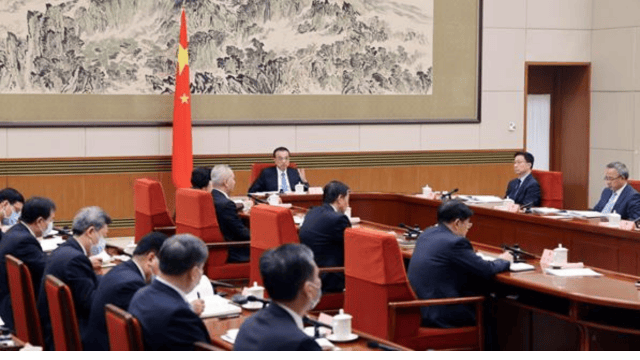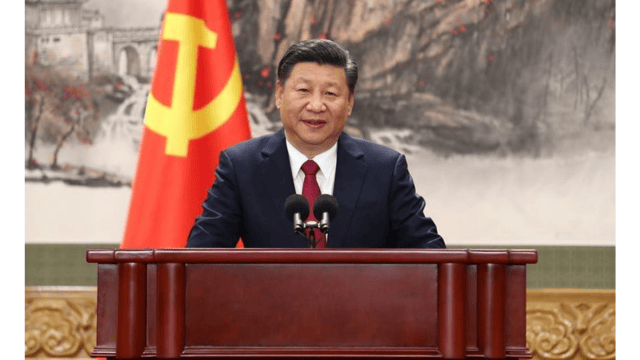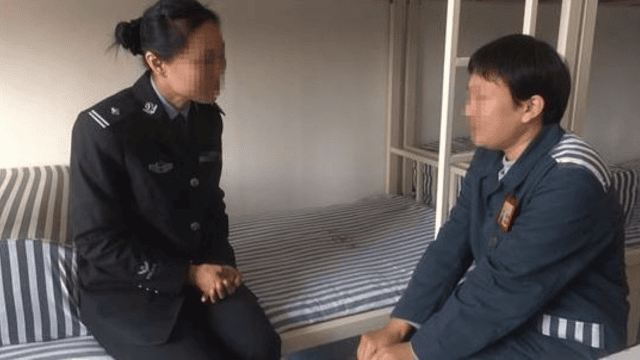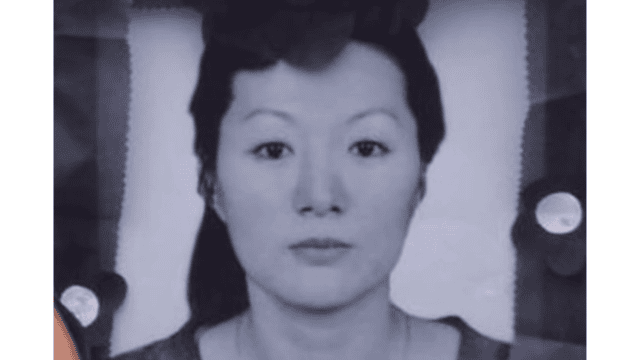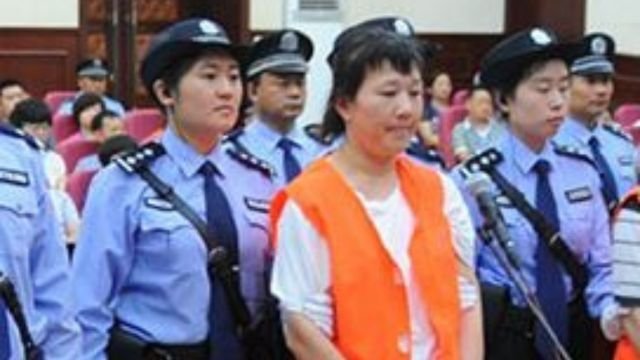Even the quintessentially Chinese Daoism is subject to “Sinicization,” resulting in suppression of monasteries and even tombs.
Featured China
Daoism under Sinicization. 2. Sinicization in Practice
From 2018, new regulations have made life for religions increasingly difficult.
Daoism Under Sinicization. 1. The Road to Sinicization
To understand what is happening to Chinese Daoism, it is essential to explain how the concept of “Sinicization” was developed by Xi Jinping.
The McDonald’s Murder in Zhaoyuan, 2014–2024. 6. Reviving a Dead Horse
Today it is clear to scholars and to those who read the documents that The Church of Almighty God was not responsible for the homicide. But some still repeat the old fake news.
The McDonald’s Murder in Zhaoyuan, 2014–2024. 5. Death of a Salesgirl
The horrific details of the crime confirm that its perpetrators were not members of The Church of Almighty God.
The McDonald’s Murder in Zhaoyuan, 2014–2024. 4. The Eve of a Murder
How the crime, committed by a different small religious movement rather than by The Church of Almighty God, was prepared.
The McDonald’s Murder in Zhaoyuan, 2014–2024. 3. Fake News on a True Homicide
The crime really happened. But it was perpetrated by a religious movement different from The Church of Almighty God.
The McDonald’s Murder in Zhaoyuan, 2014–2024. 2. Slander Campaigns Against The Church of Almighty God
Accusing the CAG of a crime it never committed was part of a broader fake news campaign against the religious movement.
The McDonald’s Murder in Zhaoyuan, 2014–2024. 1. China’s Largest Fake News Campaign of the 21st Century
Tens of thousands of articles accused The Church of Almighty God of a murder that was committed by a different religious group.
Words Used for Cultural Genocide: How “Northern Frontier” Is Replacing “Inner Mongolia”
They are starting with adjectives. “Mongolian culture” becomes mandatorily “Northern Frontier culture.”


